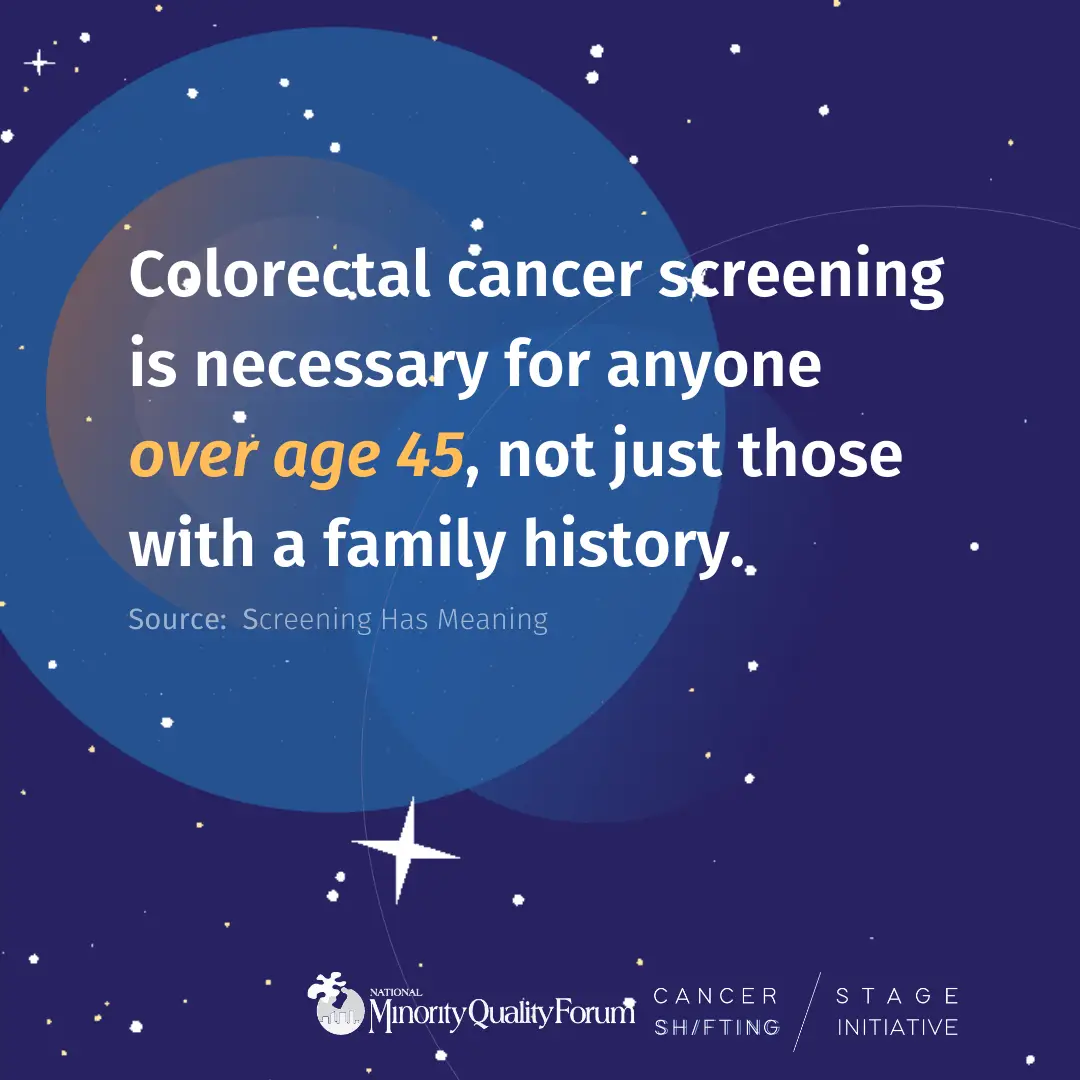NIH
Proposed NIH Cuts Threaten U.S. Biopharma Leadership, Experts Warn
The foundation of American medical innovation, including breakthroughs like mRNA vaccines and CRISPR technology, is facing a severe threat as propo...
- Victor Mejia
Nonvalvular Atrial Fibrillation HIV: Study in Minority Patients | fyh.news
Nonvalvular atrial fibrillation (NVAF) in people living with HIV remains understudied, especially among underrepresented racial and ethnic minority...
Government Shutdown: Health Care Impact & Research Delays
The federal government shutdown that began this week is more than a political standoff — it’s a disruption that will ripple across critical service...
- Subash Kafle
Racial/Ethnic Minorities have Greater Declines in Sleep Duration with Higher Risk of Cardiometabolic Disease
Getting enough sleep is essential for good health, yet many Americans are sleeping less and paying the price. New research highlights troubling tre...
Hispanic Health Institute Launches to Address Disparities
The National Hispanic Health Research Institute launched this week to lead Latino-centered research, addressing health disparities and equity gaps ...
Caregiver and Birth Parent Influences on Depression and Anxiety in African American Children
Background/Objectives: Depression and anxiety in children pose a significant public health concern, with long-term implications for well-being. Ove...
Trending Topics
Features
- Drive Toolkit
Download and distribute powerful vaccination QI resources for your community.
- Health Champions
Sign up now to support health equity and sustainable health outcomes in your community.
- Cancer Early Detection
MCED tests use a simple blood draw to screen for many kinds of cancer at once.
- PR
FYHN is a bridge connecting health information providers to BIPOC communities in a trusted environment.
- Medicare
Discover an honest look at our Medicare system.
- Alliance for Representative Clinical Trials
ARC was launched to create a network of community clinicians to diversify and bring clinical trials to communities of color and other communities that have been underrepresented.
- Reducing Patient Risk
The single most important purpose of our healthcare system is to reduce patient risk for an acute event.




















